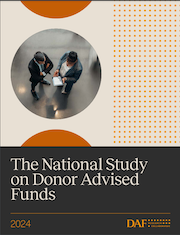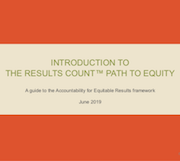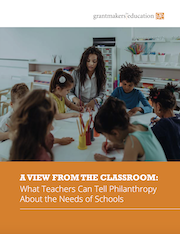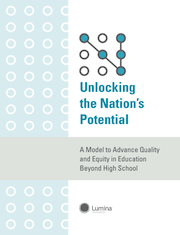... public school students nationwide. In 2020, he served as a member of the Biden-Harris Presidential Transition Team. From ... and much more. Cost : Free for CNJG Members; $75 for Non Member Grantmakers This program is only open to staff and ... Understanding What it Means for NJ: Environment April 3: Making Sense of Federal Policy: Understanding What it ...
... the hammam. She currently serves as steering committee member of the Women of Color in the Arts (WOCA) Non-Black POC ... (NCAPER) Programming Working Group, and an advisory board member for Unsettled. Vanessa Ramalho , Director of External ... Understanding What it Means for NJ: Environment April 3: Making Sense of Federal Policy: Understanding What it ...
... Historic Preservation Fund to save and promote historic sites throughout the state. Sixty-five preservation planning, ... initiatives to improve the visitor experience at historic sites; and 37 grants will fund capital preservation projects on sites listed in the New Jersey Register of Historic Places. ...
... outreach and public information campaigns. This effort is part of the Newark Equitable Vaccine Initiative, which is led ... vaccine distribution in Black and brown communities. It is part of a national pilot program created by the Rockefeller ...
... nonprofits, including Montclair Local Nonprofit News, as part of its fall 2021 grant cycle. Grants were awarded to ... education and senior services. “We are proud to play our part in the community. Knowing how much need exists in our ...
... has announced grants totaling $12.8 million in 2024 as part of its centennial anniversary. The grants support area nonprofits as part of the Thriving Neighborhoods Initiative, the ...
Publication Date: June, 2019
Through the Kids Count Data Center you can access hundreds of measures of child well-being, incluing all those regularly used in the Annie E. Casey Foundation's Data Book. Information can be examined at the state, regional, and national levels.
Publication Date: October, 2013
A growing number of foundations and philanthropists have elected to give away their money by a fixed date rather than establish perpetual foundations. The paths they’ve chosen to take, and how they chose them, provide useful tips for other philanthropists on how they can align their giving with a path that best accommodates their goals.
Publication Date: January, 2013
... impacts of Hurricane Sandy on the economy of New Jersey using the R/ECON™ forecasting model of the state’s ...
Publication Date: February, 2024
This project represents the most extensive independent study on DAFs to date.
Thanks to the collective efforts of 111 DAF programs that voluntarily provided anonymized data to the research team, the dataset covers nine years of activity from more than 50,000 accounts, with over 600,000 inbound contributions to DAFS and more than 2.25 million outbound grants from DAFs.
The DAFRC research team hopes this data will be used to improve best practices, inform relevant regulation, or enhance the field’s use of DAFs as a philanthropic tool for donors, DAF sponsoring organizations, and other sector partners.
Publication Date: July, 2019
... achieve better and more equitable results. The skills are part of Results Count™, the Annie E. Casey Foundation’s ...
Publication Date: November, 2013
... human capital management plans and practices. CSH took part in AchieveMission's competitive Talent Initiative ...
... of the healthcare and human services sectors. Working as part of small, cohesive team, the Program Officer reviews, ...
Publication Date: February, 2020
What can over a million teachers tell us about the needs of schools? This report digs into the data from 1.8 million teacher requests on the crowdfunding site DonorsChoose to tell the story from inside today's classrooms. We feel this data provides a roadmap for funders seeking to support students directly, but also for funders seeking broader reform of U.S. education policy and systems.
... fund, please contact Craig Weinrich , CNJG’s Director of Member Services. Thank you in advance for your assistance in ... free to the philanthropic community. If you are not a CNJG member, please join so you can take full advantage of the ...
... and adapted. Cost : Free for CNJG Members; $75 for Non Member Grantmakers This program is only open to staff and ... numerous advocacy issues. She is a public policy committee member and former board treasurer of the National Council of ... Services/Child Welfare Collaborative, LLC, and was a Board member of The Children’s Collaborative, Inc. Peter T. ...
Publication Date: September, 2019
... and Equity in Education Beyond High School (32 pages, PDF), found that the current U.S. system of degrees, ...
Publication Date: January, 2015
... the Southern Law Poverty Center, the guide (available in pdf and website formats) provides advice and suggestions for ...
... shared his commitment to solving problems for NJ residents using human-centered design and leveraging AI to improve ... equitable innovations. I encourage you to review the resources we’re gathering on the Colloquium web area to ...
Publication Date: March, 2020
A CNJG member queried our listserves with the question "How does ...




